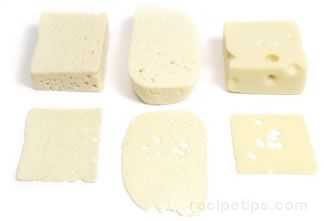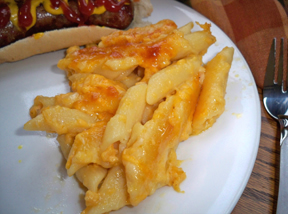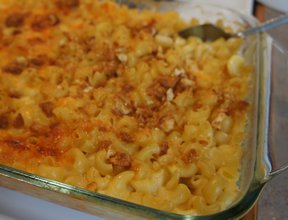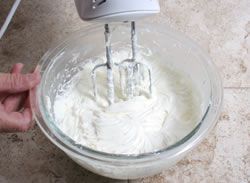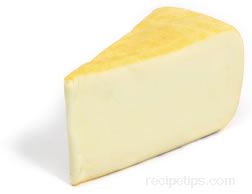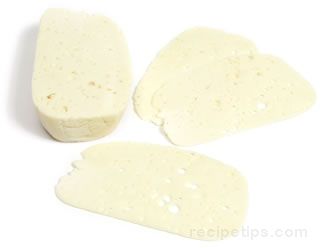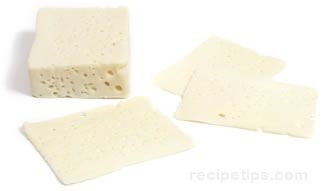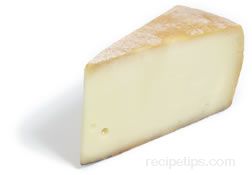Loading
Swiss Cheese
Originating in Switzerland, this cheese is characterized by the large holes ("eyes") found throughout the cheese, which grow larger and increase in number the longer the cheese ripens, due to the gas bubbles enclosed in the ageing cheese. The name "Swiss Cheese" is actually a traditional name given to both U.S. and European cheeses. However, a traditional Swiss cheese is named for the canton (state) where it originated, such as Appenzeller, Emmental, Gruyère, and others.
Cheeses made in the U.S. and referred to as Swiss cheese may be either imported or domestic. Generally the imported Swiss cheeses are made with raw, unpasteurized milk, while U.S. Swiss cheeses are made with pasteurized whole or low fat cow's milk. There are 3 types of U.S. Swiss cheeses that are generally available; Baby, Lacy, and Aged Swiss. The Baby Swiss and the Lacy Swiss are semi-soft cheeses with delicate, open-textures (small holes) and a mild, delicately sweet flavor to match. The Lacy Swiss, also known as Lorraine Swiss or Swiss Lace, is a cheese made with low fat milk, while the baby Swiss is made with whole milk. The aged Swiss, containing more of an open texture with large holes, is a stronger bodied cheese with a distinctive nutty flavor. It is harder than Baby or Lacy and has a sharper flavor. Different varieties of European Swiss cheeses range in flavor from mildly sweet and buttery to a full-bodied, sharp, nutty taste. And, they can vary in color from creamy white to pale yellow as they age. Swiss cheese is often served with sandwiches or bread, as a dessert cheese, a fondue cheese, in quiches, on pasta or as a cheese combined with other baked foods. It is an excellent choice for cooking, since it has nice melting properties.
USDA Nutrition Facts | |||||||||||||||||||||
|
|||||||||||||||||||||
There currently aren't any reviews or comments for this term. Be the first!
Advertisement
Advertisement

